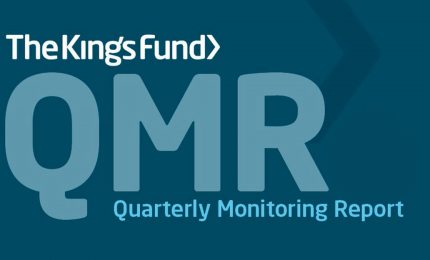An article in The Telegraph this month reports, ‘a new survey of 1,000 doctors by research charity’ Nesta, has found that 76 per cent of GPs are still prescribing antibiotics when they are unsure if an infection is bacterial, up from 74 per cent in 2014. In contrast the number of patients demanding pills fell during the same period from 40 per cent to 31 per cent.
Antibiotic use
Antibiotics are prescribed to ‘treat or prevent’ some types of bacterial infection. They work by killing bacteria or preventing them from ‘reproducing and spreading.’ But they don’t work for everything, including viral infections such as colds and flu, and most coughs and sore throats.
Types of antibiotics
From ‘broad spectrum’ antibiotics, effective against a wide range of bacteria, to the ‘narrow spectrum’ antibiotics used to tackle specific types of bacteria, there are hundreds of different antibiotics on the market. However, they can be broadly classified into six groups, as per this NHS outline.
- Penicillins (such as penicillin and’ amoxicillin)
- Cephalosporins (such as cephalexin)
- Aminoglycosides (such as gentamicin and tobramycin)
- Tetracyclines (such as tetracycline and doxycycline)
- Macrolides (such as erythromycin‘ and clarithromycin)
- Fluoroquinolones’ (such as ciprofloxacin and levofloxacin)
Keep Antibiotics Working
Last month Public Health England (PHE) launched its ‘Keep Antibiotics Working‘ campaign, highlighting the growing problem of antibiotic resistance and warning patients that taking drugs when they are not needed puts them at risk of a more severe or longer infections.
The threat of antibiotic resistance
Antibiotic resistance stems from overuse of antibiotics in recent years, which has resulted in the drugs becoming less effective and the emergence of “superbugs”. Superbugs are strains of bacteria that have developed resistance to many different types of antibiotics, including:
- methicillin-resistant Staphylococcus aureus (MRSA)
- Clostridium difficile (C. diff)
- the bacteria that cause multi-drug-resistant tuberculosis (MDR-TB)
- carbapenemase-producing Enterobacteriaceae (CPE)
(https://www.nhs.uk/conditions/antibiotics/#types-of-antibiotics)
The WHO reports, ‘Antibiotic resistance is rising to dangerously high levels in all parts of the world. New resistance mechanisms are emerging and spreading globally, threatening our ability to treat common infectious diseases.’ (WHO)
The importance of antimicrobial stewardship
The National Institute for Health and Care Excellence (NICE) published its ‘Antimicrobial stewardship: systems and processes for effective antimicrobial medicine use’ in 2015.
The guidance includes, ‘When prescribing antimicrobials, prescribers should follow local (where available) or national guidelines on:
- prescribing the shortest effective course
- the most appropriate dose
- route of administration
Support for pharma
The government wants GPs to cut antibiotic prescribing by 50 per cent by 2020. (The Telegraph) With increasing pressure on trusts, CCGs and GPs to save money, and to cut antibiotic prescribing, the current inclusion of a specific antibiotic on a practice formulary no longer guarantees its inclusion on the list of purchased prescription items.
Indeed, pharmaceutical companies are under increased pressure to prove their value propositions and the role of their products are cost-efficient items for continued use.
CCGView data analysis with ease
The RXAnalyser CCGView tool provides comprehensive analysis of the detailed prescribing for NHS CCGs or LHBs, down to GP practice level.
With the RXA CCGView tool you can:
- Analyse up to 5 years of NHS prescribing and other sales data
- See data for all 20,000+ products prescribed by UK GPs, including branded and generic products
- Select a range of reporting dimensions and filters
- GP Practice
- Product
- Brand vs. Generic
- Dispensing doctor
- Access extensive highly visual, easy to interpret analytics
- View extensive tables, charts and maps in the purpose built dashboard
- Export all data and graphics for ad-hoc analytics and report building – (E.g. Excel, CSV, jpeg and PDF)
IT and data analysis are complex fields. Outsourcing this work is cost-efficient and using proprietary software provides rapid-fire analysis in moments.
Get in touch with us today to find out more.

















